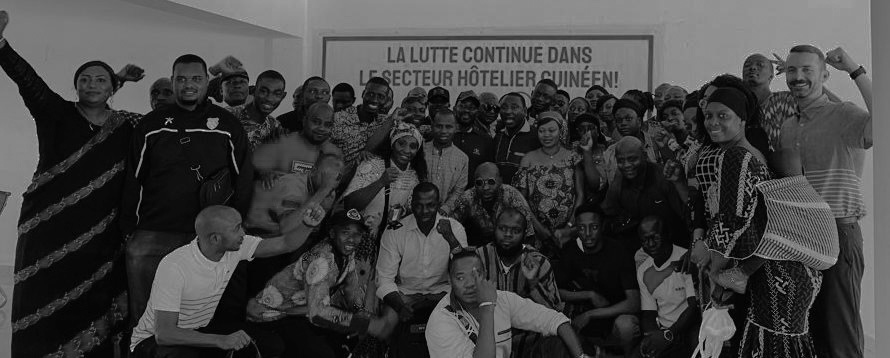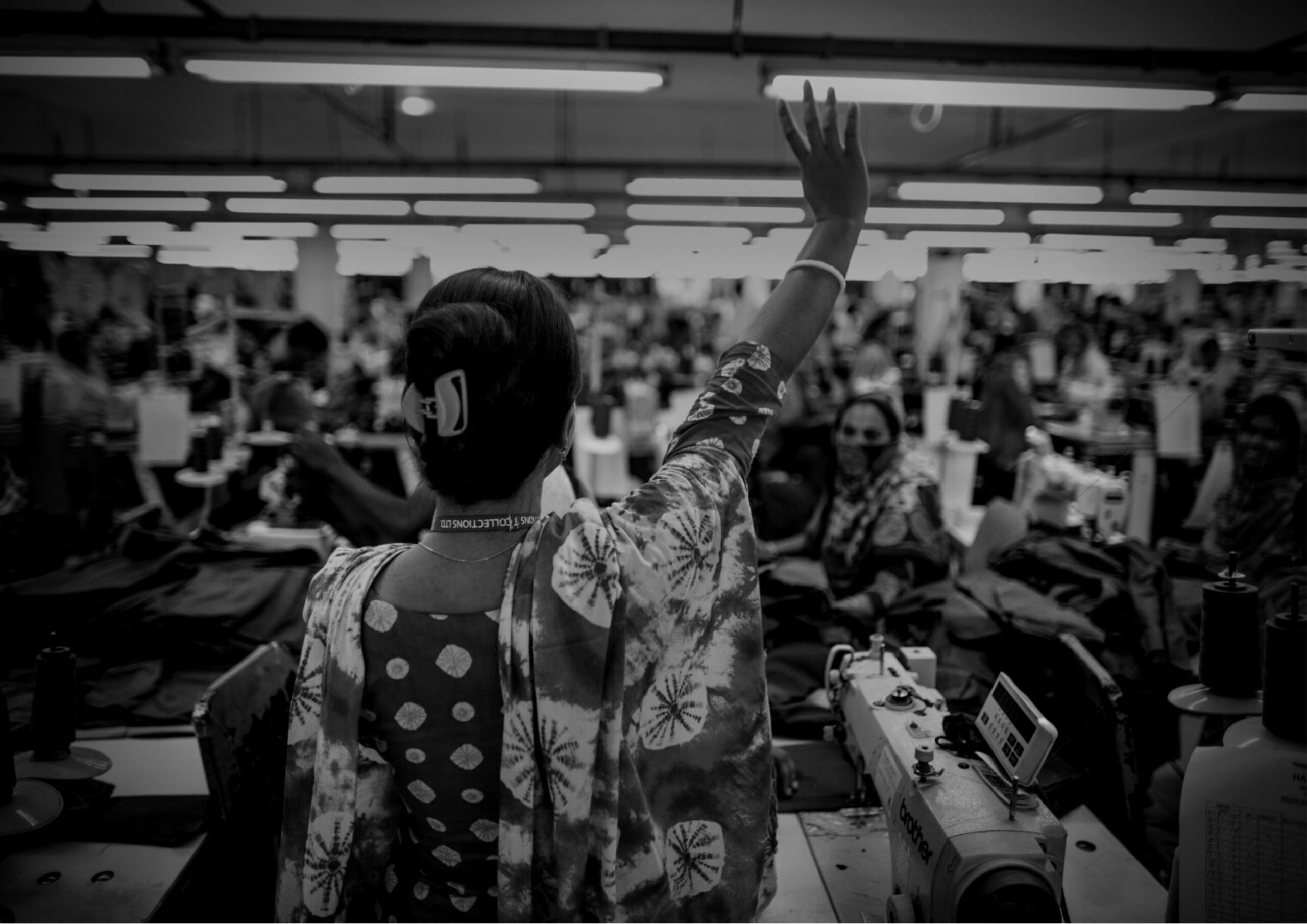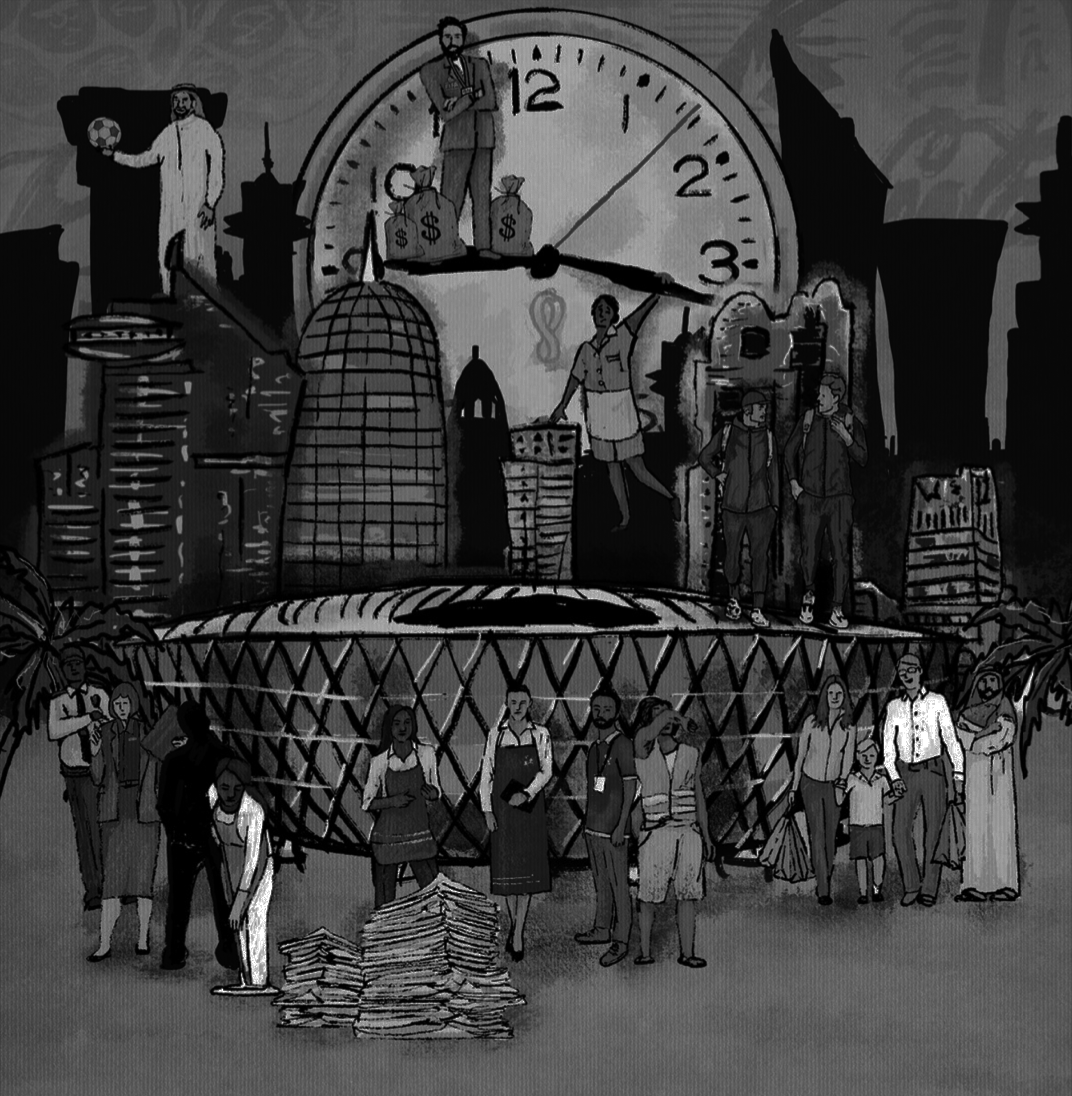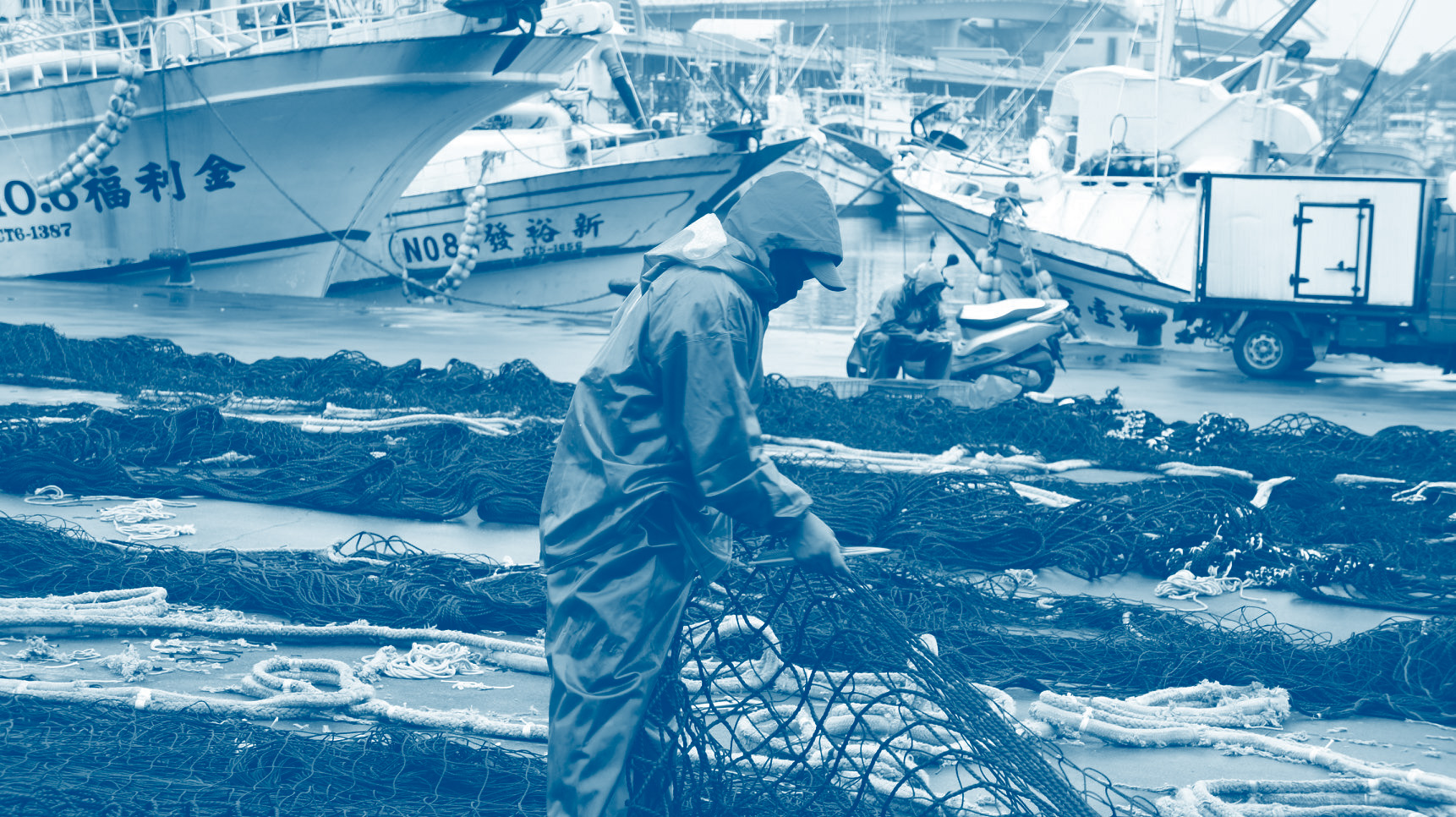24 Feb Hotel Workers’ Rights in Development Finance
A report detailing the limited successes and multiple failures of the International Finance Corporation was launched today by the Global Labor Justice-International Labor Rights Forum (GLJ-ILRF) and the IUF. “Hotel Workers’ Rights in Development Finance: Realizing Performance Standard 2” explores cases in which the IFC failed routinely to perform due diligence and enforce the labor rights standards required of its clients. It also outlines a proposed policy, the Compliance Accountability Policy, which would require IFC clients to negotiate with unions before an investment in hotels is approved.
IUF affiliates from Senegal, Guinea and Zambia spoke about the IFC-funded hotel projects in their countries and the challenges they faced in dealing with the employers:
Cheikh Makébé Sylla, Health and Safety Coordinator for the IUF in Senegal, spoke about their affiliates’ success negotiating with Kasada Hospitality Fund, which received more than 400 million USD from the IFC to acquire numerous Accor hotels in West Africa.
Michelo Chizyuka, President of HCTAWUZ, Hotel, Catering, Tourism and Allied Workers of Zambia, shared how the complaints over four IFC-funded Marriott hotels in Zambia led to an election and union recognition at the Ciela Resort by Marriott in Lusaka while workers at the other three Marriotts continue to experience anti-union harassment.
Asmaou Bah Doukouré, General Secretary of FHTRC, Federation de l’Hotellerie, Tourisme, Restauration et Brances Connexes, discussed the IFC’s investment in the Sheraton Grand Conakry, the worst case scenario which shows why the Compliance Accountability Policy is needed.
D. Taylor, President of UNITE HERE, described the importance of early engagement with hotel owners to ensuring respect for workers’ rights once the hotel is built and reiterated UNITE HERE’s commitment to working with the IUF to hold hotel employers and development banks accountable
GLJ-ILRF and IUF will continue to work with affiliates to campaign for workers’ rights across the hotel sector and in hotels funded by development banks.
IUF General Secretary Sue Longley stated, “Our Compliance Accountability Policy, if adopted, would ensure the IFC and its hotel clients have access to the knowledge, expertise, and experience of the global labor movement and our local affiliates. IFC bank loan recipients would understand from the beginning that labor rights are central to the IFC’s development mission, that preferential loan terms and labor rights are inextricably linked, and that the IFC is far more likely to achieve its desired development impact if trade unions are engaged at the early stages of the loan process.”
Hotel-Workers-Rights-in-Development-Finance-REPORT







